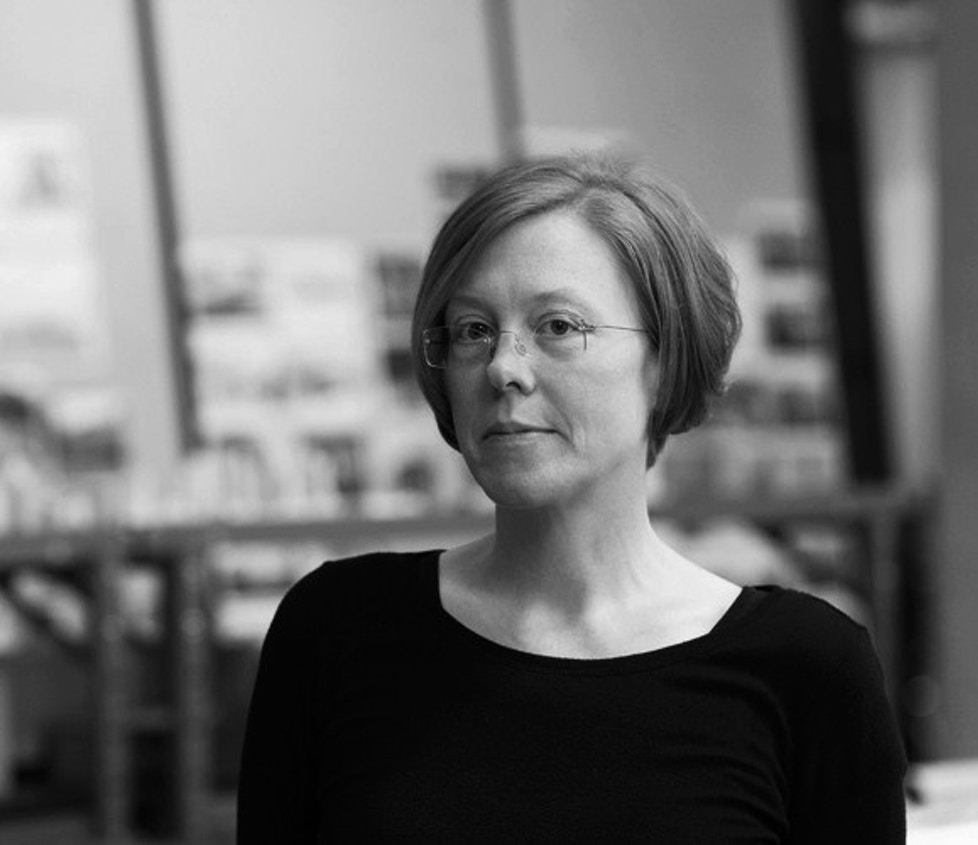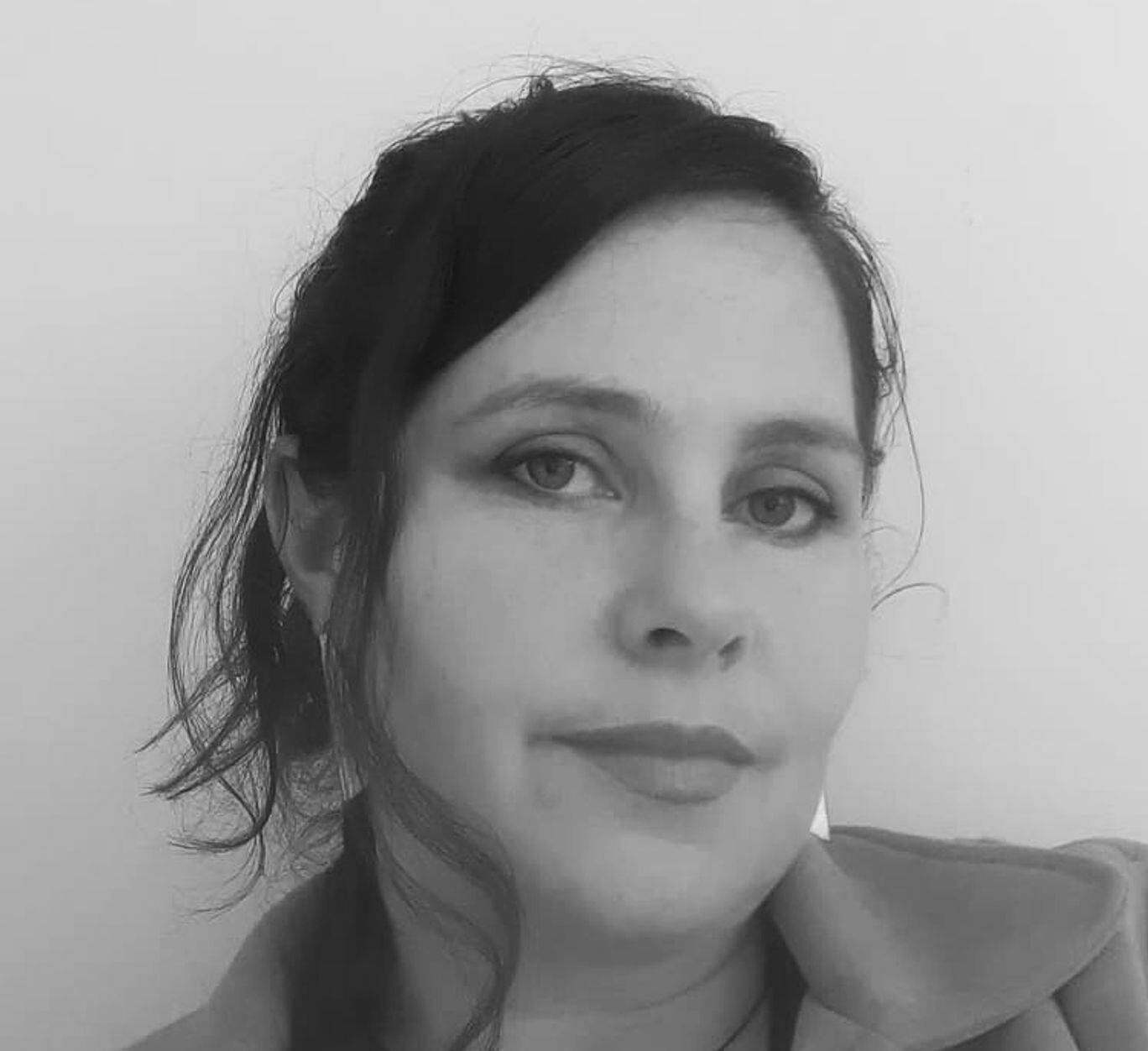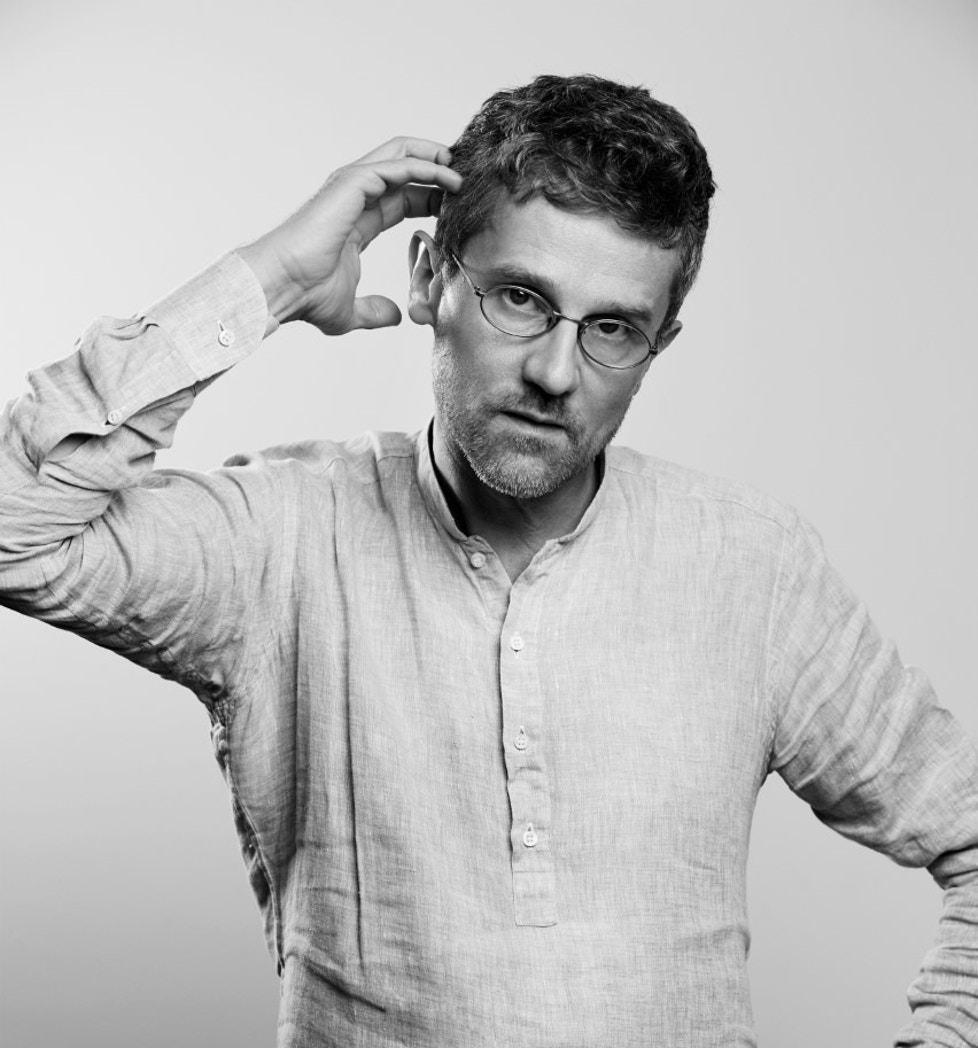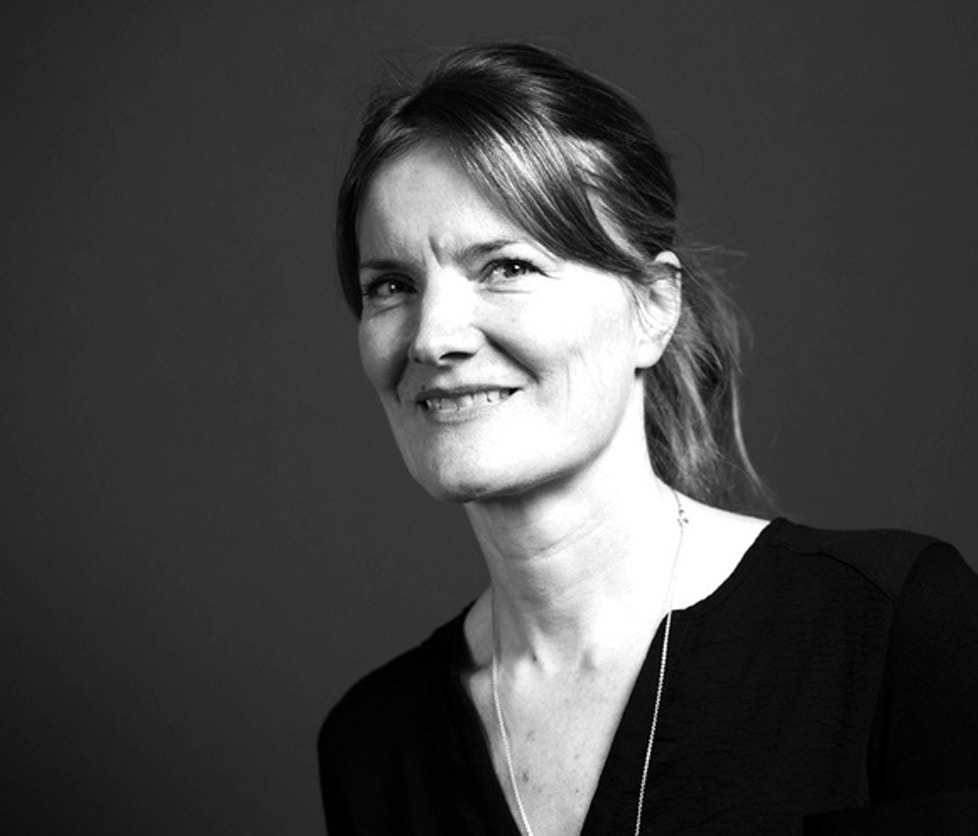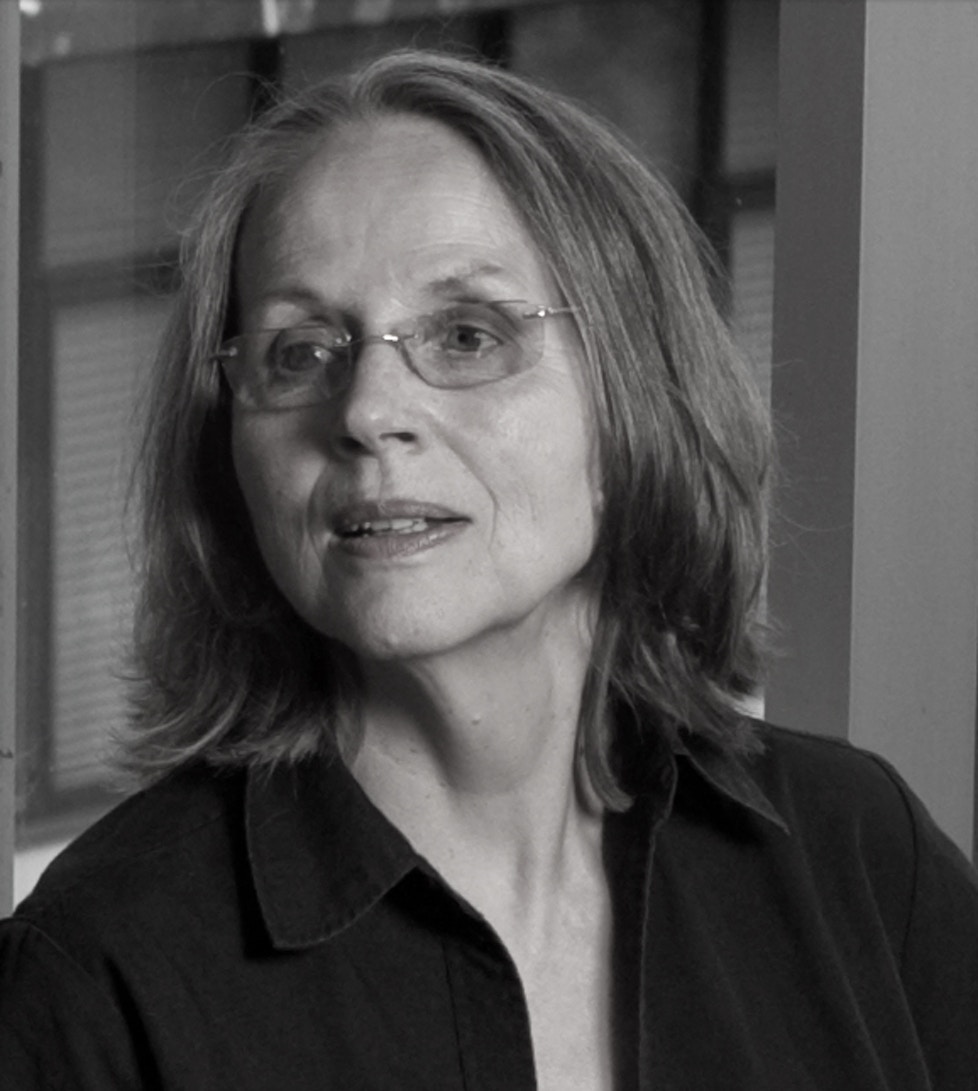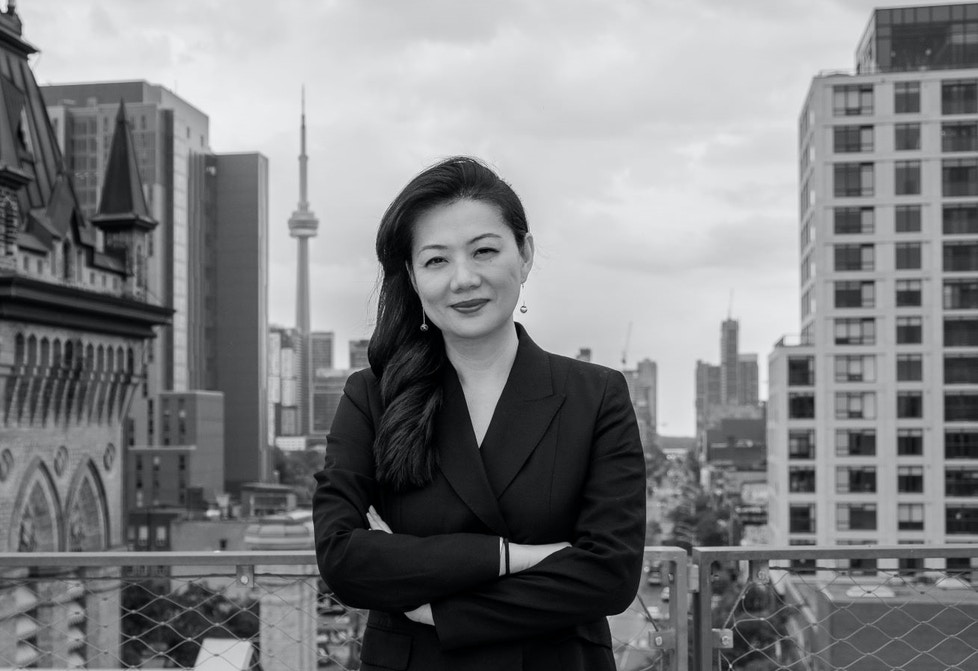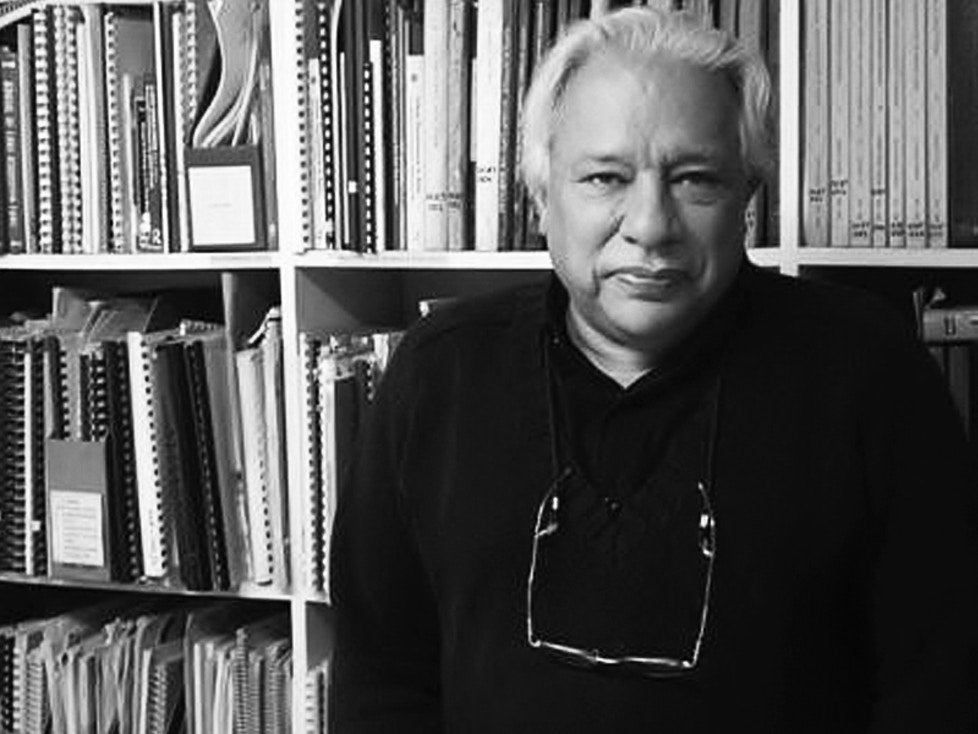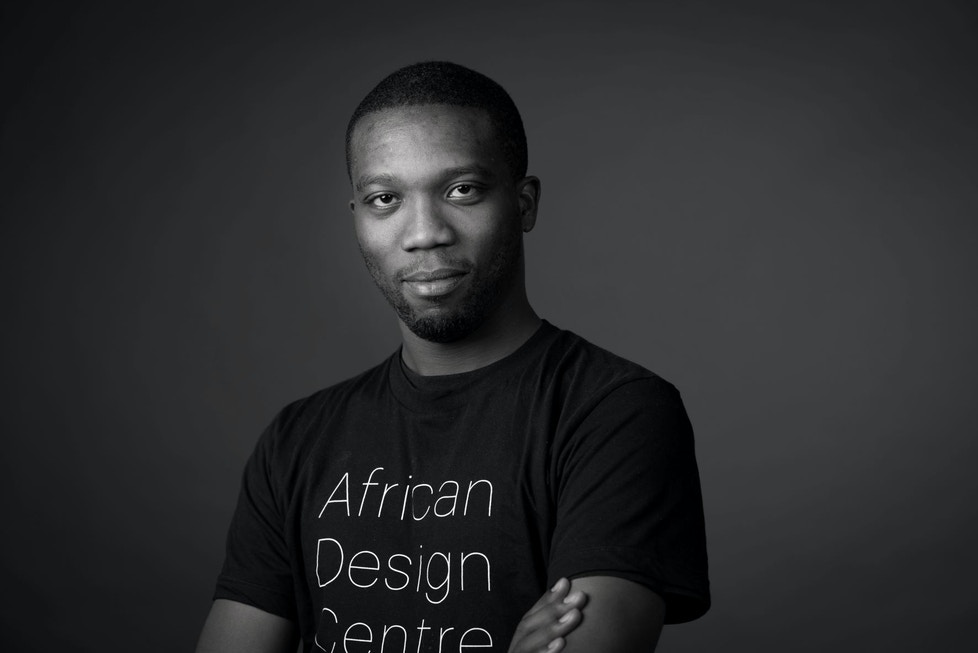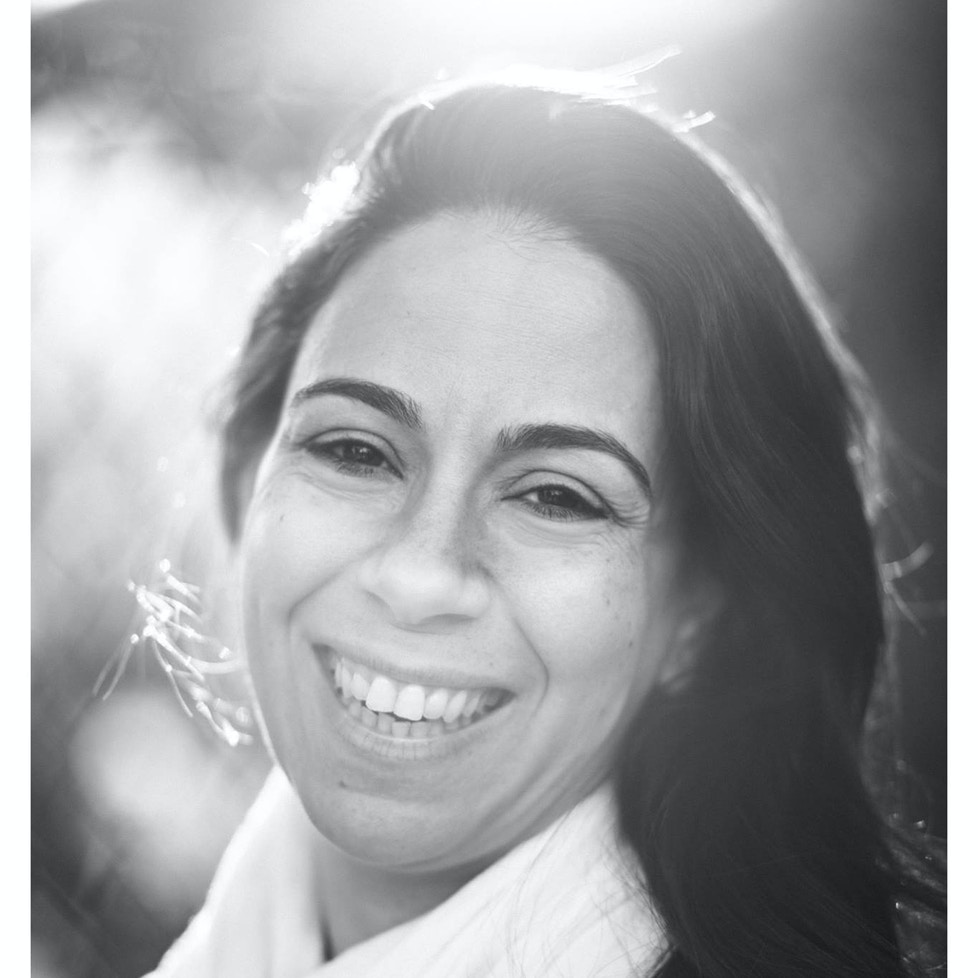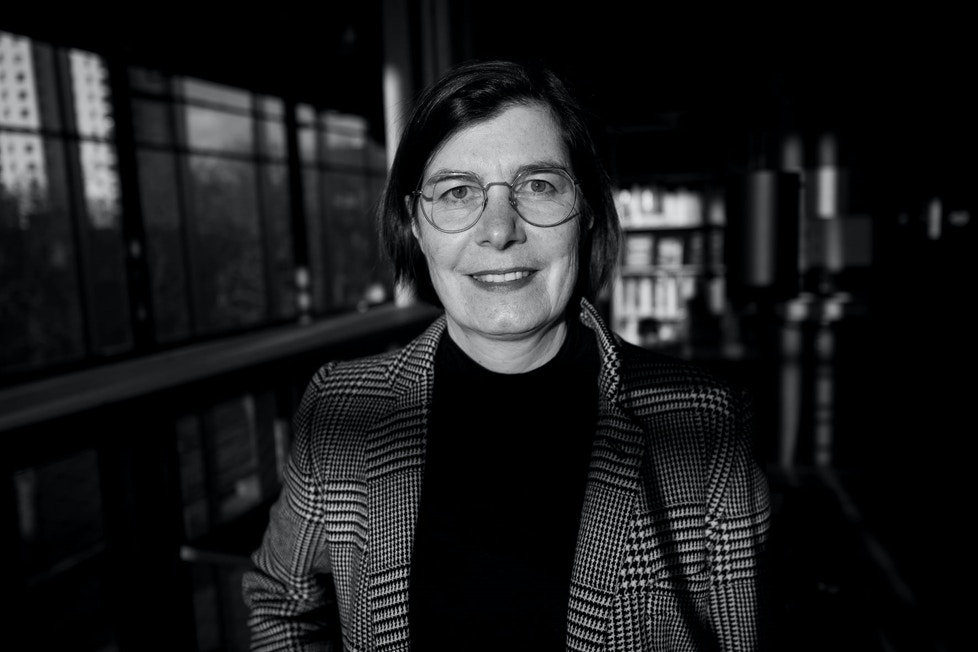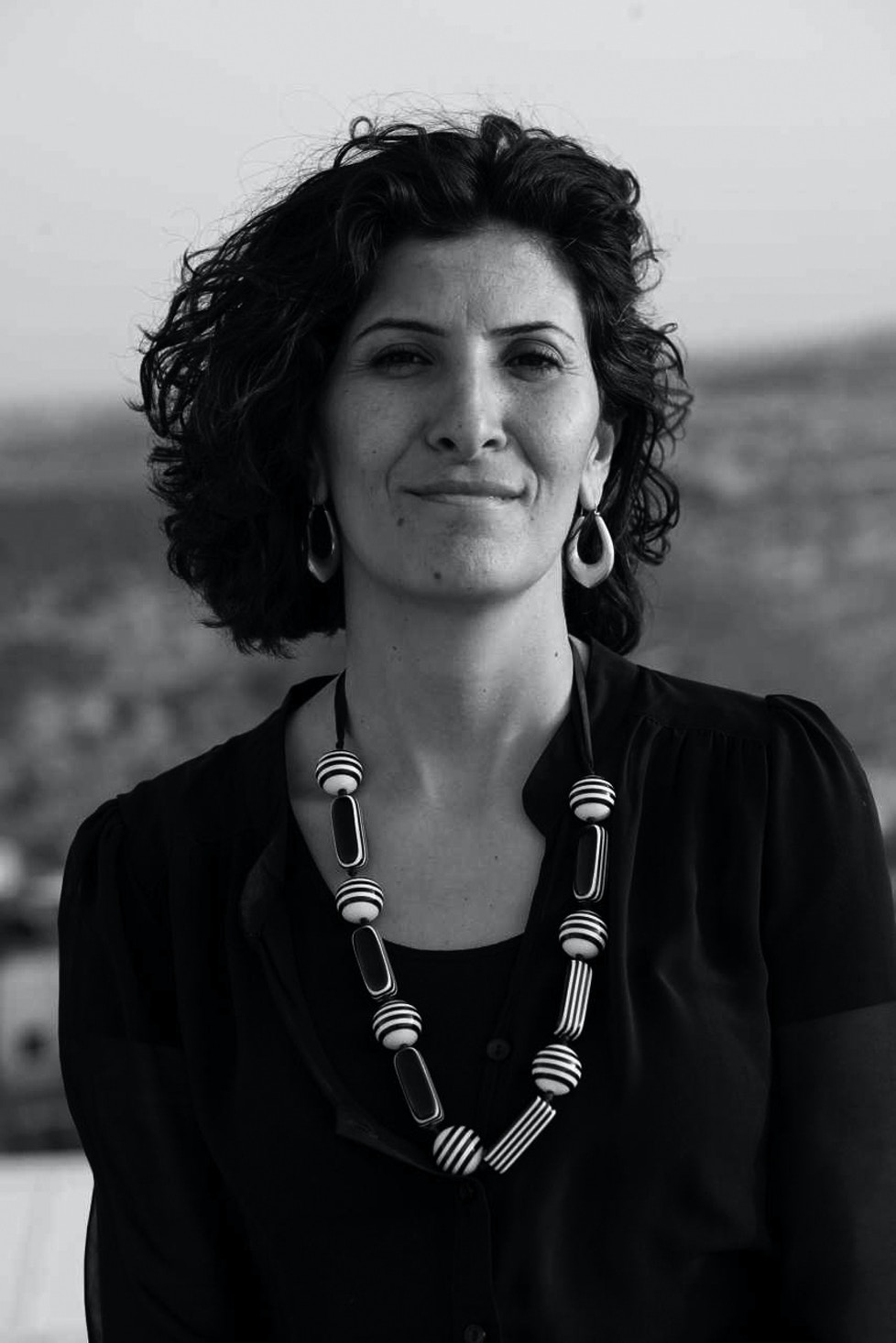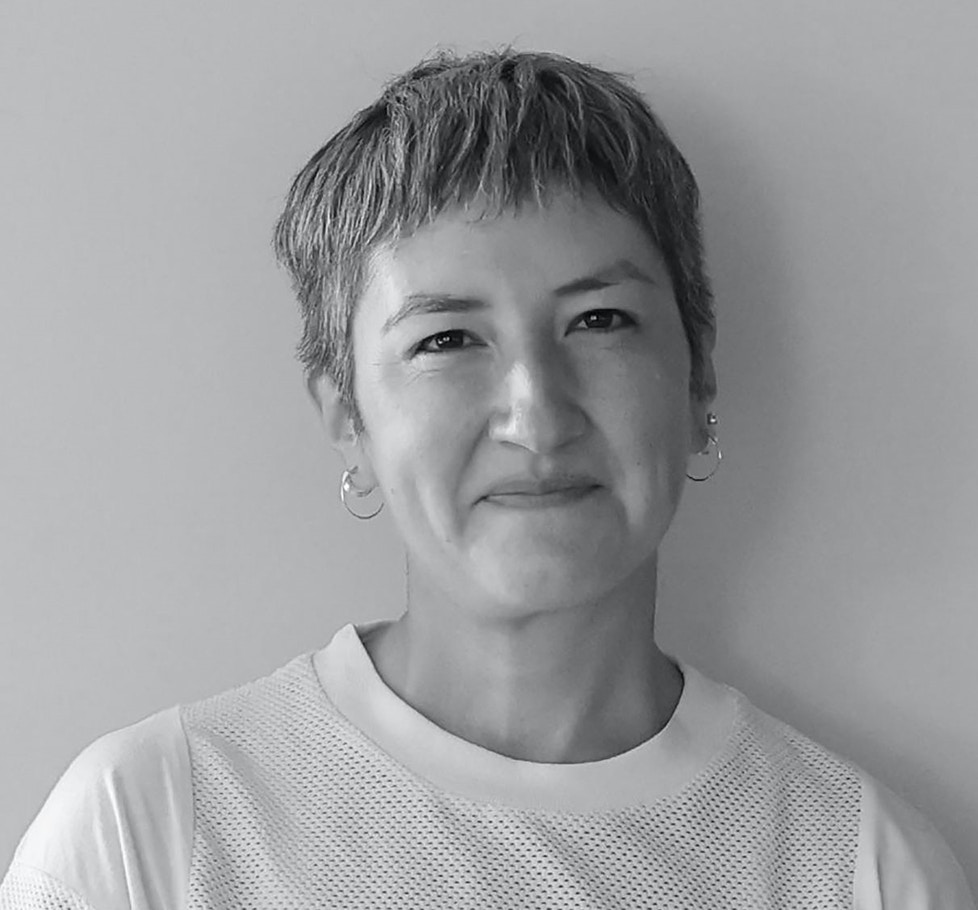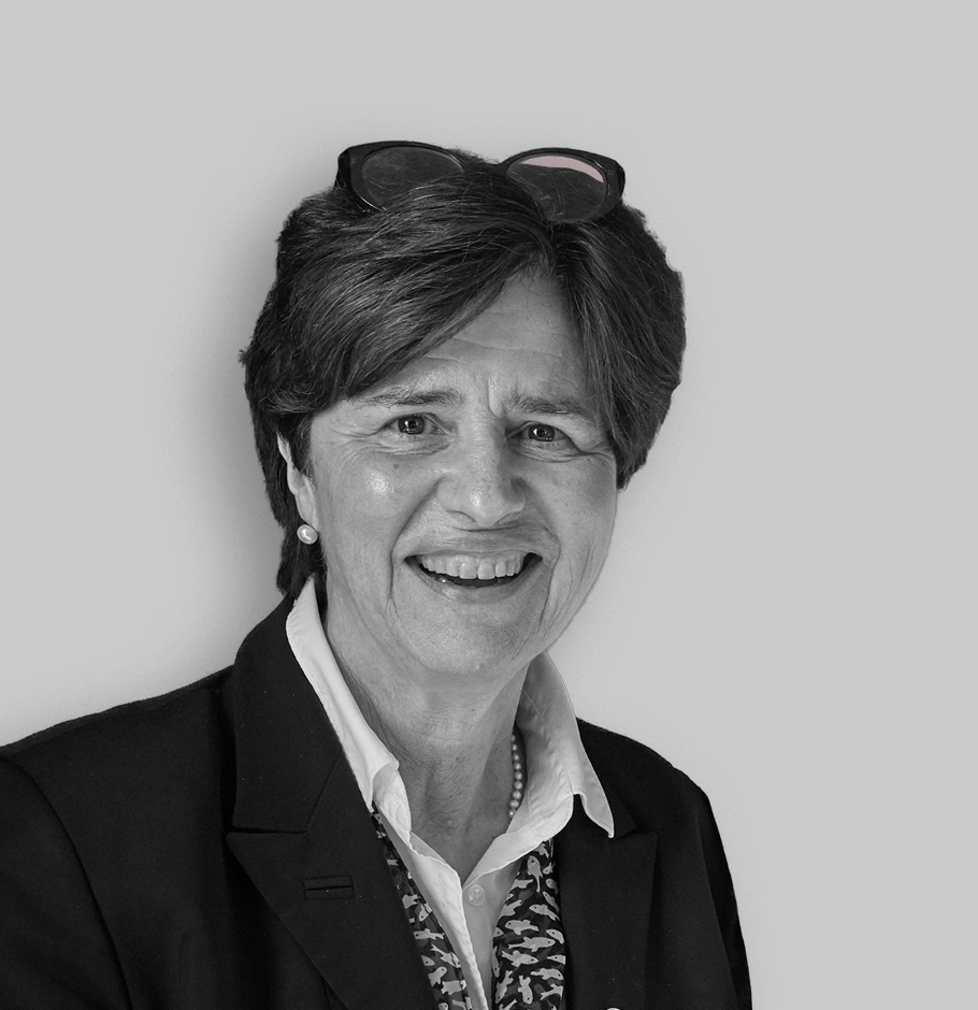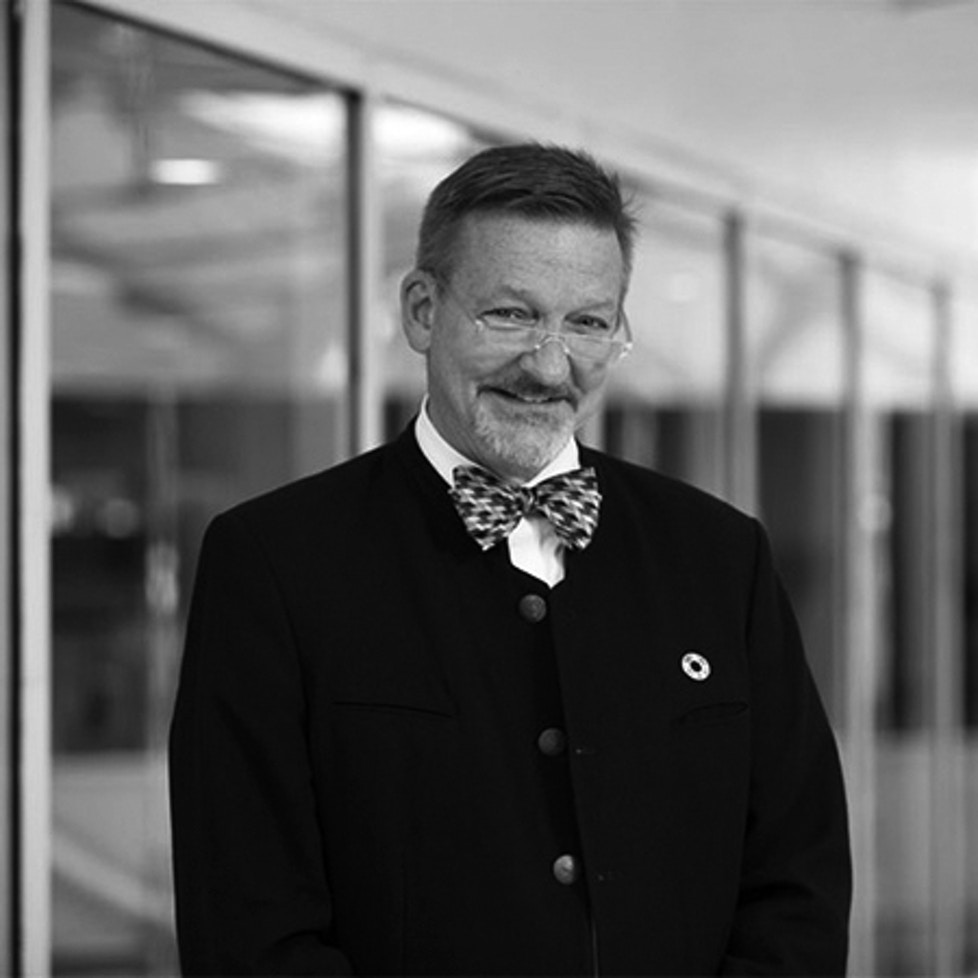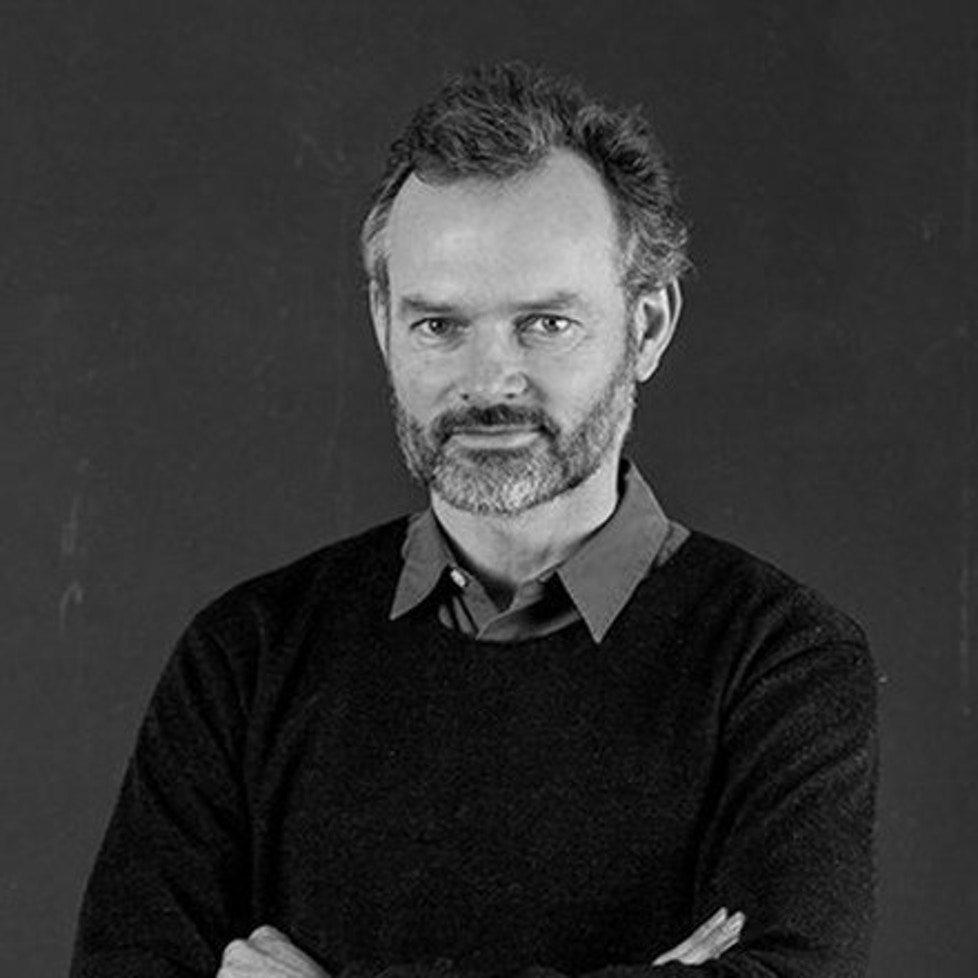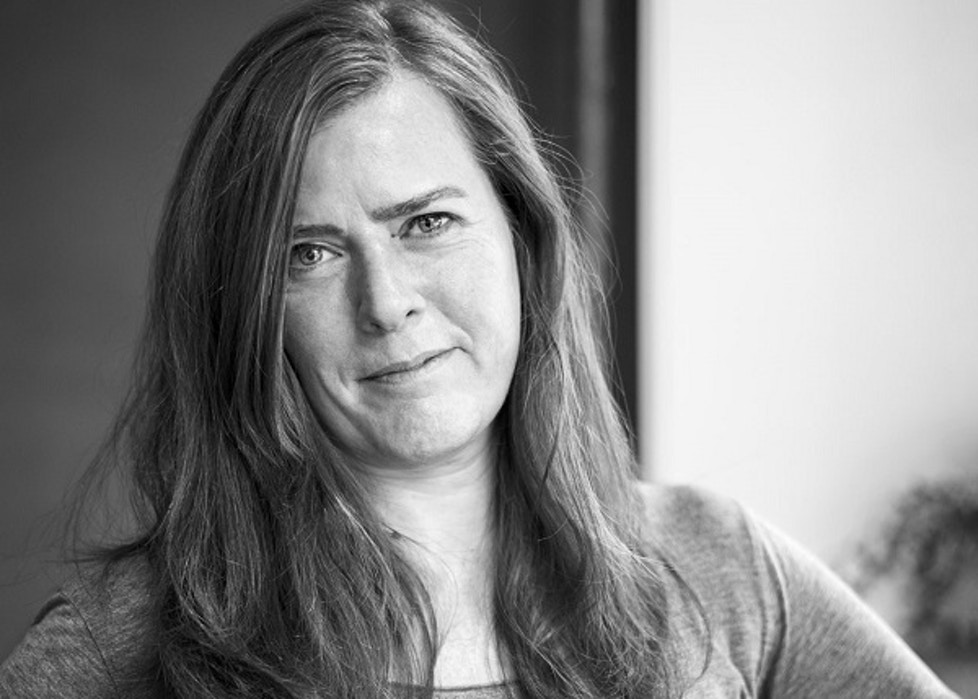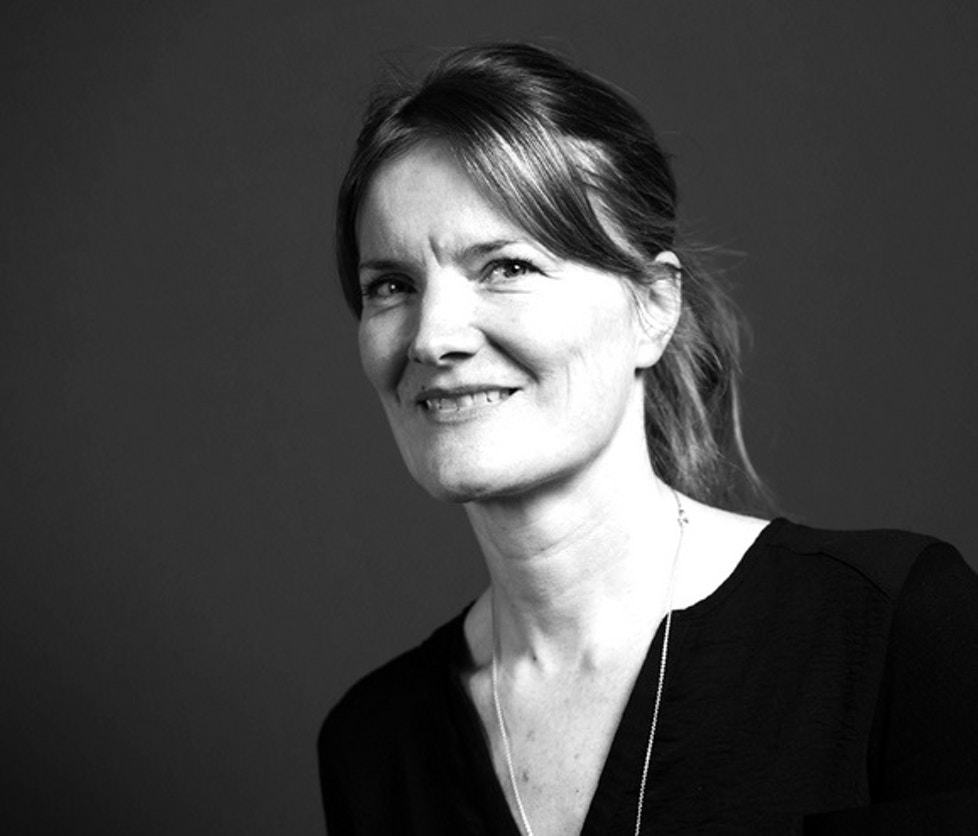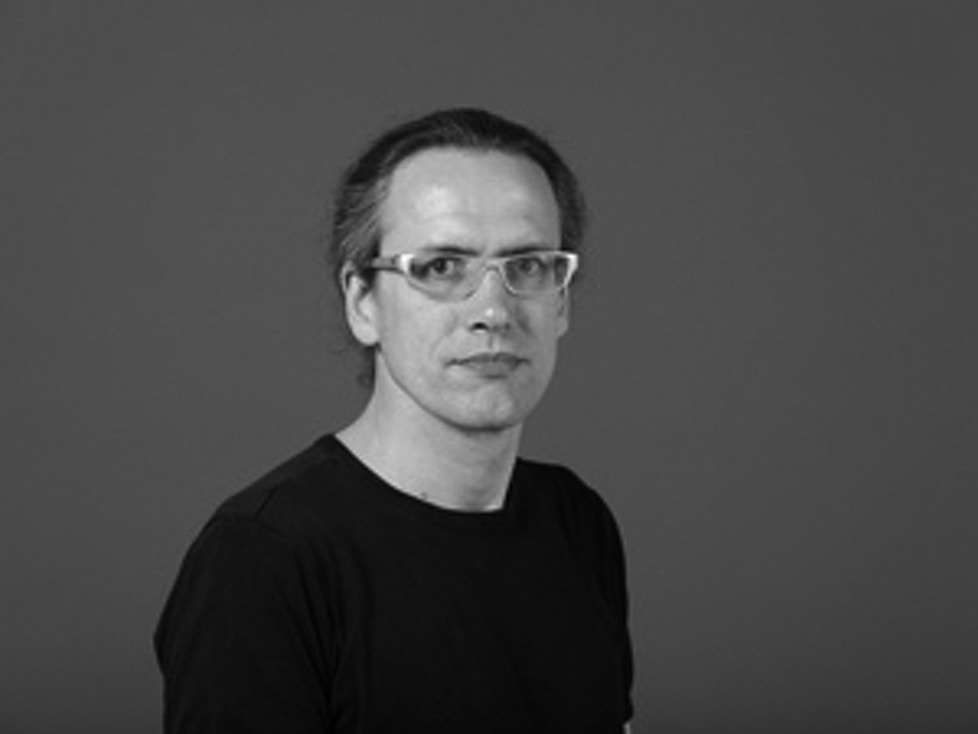The Scientific Committee is responsible for the scientific and professional content of the UIA2023CPH World Congress and critically drives and informs the work of the UIA2023CPH Science Track. The ambition of the Scientific Committee is to foster and facilitate greater exchange of knowledge between research and practice across disciplinary niches and geographies.
Collectively the 17 leading international researchers appointed to the Scientific Committee represent and connect an array of architectural expertise and contexts. The Scientific Committee is organised around six Scientific Panels that will help shape and inform the themes of the UIA2023 World Congress in Copenhagen. Read more about the Panel Chairs of the Scientific Committee below

Billie Faircloth, Partner and Research Director at KieranTimberlake (US)
Billie Faircloth is a researcher, professor, and lecturer whose work centers around three main themes: the justification and research methods for transdisciplinary and transscalar design practices; the design of novel methods, tools, and workflows that reveal new information about materials, climate, and thermodynamic phenomena; and how the history of plastics in architecture demonstrates architecture’s changing posture towards transdisciplinary practices and new knowledge. Faircloth’s interest in these topics was formed during her time at The University of Texas at Austin’s School of Architecture where, between 2002 and 2008, she developed and tested studio, seminar, and lecture teaching methods that supported a transdisciplinary and transscalar design process. Her teaching methods were both locally and nationally acclaimed, earning her the university’s Texas Alumni Teaching Award and Faculty Teaching Award for Design Studio in 2004 and the Association of Collegiate Schools of Architecture’s (ACSA) New Faculty Teaching Award in 2005.
Faircloth’s unexpected departure from fulltime academia in 2008 was occasioned by the offer of the Research Directorship at KieranTimberlake, an internationally renowned architecture firm noted for its commitment to research, innovation, and invention. At KieranTimberlake, she has taken up the challenge of applying the design processes she theorized in academia to the organization of people and projects. Since joining the firm, Faircloth has worked to prove that architecture should produce knowledge, rather than merely consume it. In doing so, she has legitimized building projects as research test beds as she continues to define applied and empirical research processes for architectural practitioners. With the firm’s unequivocal support, she has also built and led KieranTimberlake’s Research Group (KTRG), a transdisciplinary team recognized for applying research, design, and problemsolving processes from fields as diverse as environmental management, chemical physics, materials science, sculpture, and architectural design.
This approach has resulted in peer commendation for a number of KTRG projects, including Pointelist™, a wireless sensor network, and Tally®, a Revitcompatible custom life cycle assessment tool. Pointelist, along with KTRG’s Green Roof Vegetative Survey, were named Architect Magazine R+D Award winners in 2013, while Tally received honors from both the National American Institute of Architects, which gave the project its Building Information Modeling Award in 2014, and Architect Magazine, which named Tally its 2016 R+D Award winner.
Maibritt Pedersen Zari, Educator and Researcher. Associate Professor at the School of Future Environments, Auckland University of Technology, New Zealand
Maibritt Pedersen Zari’s research sits at the interface between ecology and designed human experiences across spatial scales, from interior architecture and architecture, through to urban design. Because Maibritt Pedersen Zari sees humans as indivisible parts of living ecologies, her work considers how human wellbeing is interconnected with the health of the ecologies we exist within. To leverage these interconnections for increased wellbeing (of all) is the work of regenerative design. Maibritt Pedersen Zari’s research explores how understanding ecosystems can be used to define tangible ecology based metrics for sustainability or regenerative performance in the urban built environment, with particular regard to how climate change and continued loss of global biodiversity affects communities and built environments.
Her expertise includes: biomimicry and architecture, biophilic design, urban ecosystem services, ecosystem-based adaptation and nature-based solutions, urban climate change resilience and adaptation particularly in the Pacific, regenerative design, and design for urban biodiversity. Currently she is the Primary Investigator for the Marsden funded project ‘Wellbeing through Nature-based Design: Co-designing Climate Change Adaptation in Oceania’ and leads a complex and diverse team aiming to develop nature-based urban design solutions, rooted in Indigenous knowledges that support climate change adaptation and individual and community wellbeing in different contexts across Oceania. Maibritt Pedersen Zari is well published and respected in her field internationally, as exemplified by numerous key note speaking invitations, and invitations to collaborate. Her research has been cited more than 1000 times. Her h-index is 16 and her i10-index is 29.

Carlo Ratti, Professor and Director of the Senseable Lab, MIT (US) founding partner of Carlo Ratti Associati
An architect and engineer by training, Professor Carlo Ratti teaches at the Massachusetts Institute of Technology (MIT), where he directs the Senseable City Lab, and is a founding part[1]ner of the international design and innovation office Carlo Ratti Associati. He graduated from the Politecnico di Torino and the École Nationale des Ponts et Chaussées in Paris, and later earned his MPhil and PhD at the University of Cambridge, UK. A leading voice in the debate on new technologies’ impact on urban life and design, Car[1]lo has co-authored over 500 publications, including “The City of Tomorrow” (Yale University Press, with Matthew Claudel), and holds several technical patents.
His work has been exhibited worldwide at venues such as the Venice Biennale, the Design Museum Barcelona, the Science Museum in London, MAXXI in Rome, and MoMA in New York City. Carlo has been featured in Esquire Magazine’s ‘Best & Brightest’ list and in Thames & Hud[1]son’s selection of ‘60 innovators’ shaping our creative future. Blueprint Magazine included him as one of the ‘25 People Who Will Change the World of Design’, Forbes listed him as one of the ‘Names You Need To Know’ and Fast Company named him as one of the ’50 Most Influen-tial Designers in America’. He was also featured in Wired Magazine’s ‘Smart List: 50 people who will change the world’.
Three of his projects – the Digital Water Pavilion, the Copenhagen Wheel and Scribit – have been included by TIME Magazine in the list of the ‘Best Inventions of the Year’. Carlo has been a presenter at TED (in 2011 and 2015), program director at the Strelka Insti[1]tute for Media, Architecture and Design in Moscow, curator of the BMW Guggenheim Pavilion in Berlin, and was named Inaugural Innovator in Residence by the Queensland Government. He was the curator of the Future Food District pavilion for the 2015 World Expo in Milan and chief curator of the “Eyes of the City” section at the 2019 UABB Biennale of Architecture and Urbanism of Shenzhen. He is currently serving as co[1]chair of the World Economic Forum’s Global Future Council on Cities and Urbanization.
For further information visit www.carloratti.com and senseable.mit.ed
Mette Ramsgaard Thomsen, Professor and founder of the Centre for IT and Architecture research group (CITA) at the Royal Danish Academy of Fine Arts, School of Architecture, Design and Conservation (DK)
In CITA Mette Ramsgaard Thomsen has piloted a special research focus on the new digital-material relations that digital technologies bring forth. Investigating advanced computer modelling, digital fabrication and material specification CITA has been central in the forming of an international research field examining the changes to material practice in architecture. This has been led by a series of research investigations developing concepts and technologies as well as strategic projects such as the international Marie Curie ITN network Innochain that fosters interdisciplinary sharing and dissemination of expertise and supports new collaborations in the fields of architecture, engineering and fabrication and the Sapere Aude Advanced Grant Complex Modelling examining new modelling paradigms in computational design.

Anna Rubbo, Senior Researcher, Center for Sustainable Urban Development (CSUD), The Climate School, Columbia University (USA)
Prior to joining CSUD in 2012, Anna Rubbo, B.Arch (U-Melbourne), D. Arch (U-Michigan) was Associate Professor of Architecture at the University of Sydney. A member of the UN Millennium Project Task Force on Improving the Lives of Slum Dwellers, she went on to lead the Global Studio, an action research studio with a social justice/decolonizing agenda to promote a ‘people as partners’ model for urban professionals. Over seven years (2005-12) the program attracted over 600 students, academics and professionals from 66 universities and over 30 countries to its programs in Istanbul, Vancouver, Johannesburg (three years), and Bhopal. Represented in exhibitions in New York, Sydney and Rotterdam, Global Studio became a World Urban Campaign partner in 2013.
In 2012, Anna headed up People Building Better Cities, a traveling exhibition to encourage debate on inclusive urbanization. PBBC was shown in 18 cities and 10 countries from 2013-15, including at the 2014 WUF in Medellin and Union of International Architects Congress in Durban. Her current project is Accelerating the SDGs. Stage 2, the Local Project Challenge (LPC) which profiles 111 SDGs oriented projects launched at the Urban Thinkers Campus Accelerating the SDGs in Cities. Over 7000 votes were received for the LPC People’s Choice award, announced at WUF10, 2020 in Abu Dhabi.
Rubbo’s publications cover design education, women in development, housing and social justice, the SDGs and the design professions, and pioneering architect Marion Mahony Griffin. Interested in communicating research and practice outcomes to diverse audiences, since 2005 she has also explored films and exhibitions. In addition to PBBC, in 2016 she developed the Chicago based exhibition “Marion Mahony Griffin: In Her Own Right”. She is a co-founder, with Adrian Snodgrass, of the journal Architectural Theory Review.
A Life Fellow of the Australian Institute of Architects since 2010, recognition also includes a Vassilis Sgoutas Prize mention for humanitarian work in education (2014), the Australian Neville Quarry Education Award (2011), the 2009 Skandalaris Award for Entrepreneurship in Design, and the Marion Mahony Griffin Prize (2006).
Juan Du, Professor and Dean of the John H. Daniels Faculty of Architecture, Landscape and Design, University of Toronto (CA)
Professor Juan Du is dean of the John H. Daniels Faculty of Architecture, Landscape, and Design. She joined the Faculty in July 2021 following extensive experience in teaching, research and academic leadership. She practiced in the U.S., Europe and China, establishing her Hong Kong-based office IDU in 2006. Du is a scholar on Asia’s urbanization; her work has been featured in prominent publications (New York Times, The Wall Street Journal) as has her writing (The Architectural Review, Volume and more). Her award-winning book, The Shenzhen Experiment: The Story of China’s Instant City, was published by Harvard University Press in 2020. Du has taught at the University of Hong Kong and the Massachusetts Institute of Technology. She holds a Doctorate of Science in Architecture from ETH Zürich, Master of Architecture from Princeton University and Bachelor of Design in Architecture from the University of Florida. She is the recipient of a U.S. Fulbright Fellowship for research on Chinese urbanization and architecture.
The link to the Dean’s official bio can be found on our website: https://www.daniels.utoronto.ca/people/staff/juan-du

Arif Hasan, Chairperson Urban Resource Center Karachi, former Visiting Professor NED University Karachi, former member of UNs Advisory Group on Forced Evictions (PA)
Arif Hasan is an architect and planner, activist, teacher, researcher and the author of a large number of books, research papers and monographs on urban development issues. He has been the Principal Consultant to the Orangi Pilot Project-Research and Training Institute from 1981 to 2017. He is also founder Chairperson of the Urban Resource Centre, Karachi and a founding member of the Asian Coalition for Housing Rights, Bangkok. All these projects are being replicated in a number of cities worldwide and have received international recognition. He has also taught at Pakistani and European universities, lectured worldwide, been a member of various UN committees, and his activism has led to the modification of a number of projects and policies in favour of low-income communities.
He has also been a Visiting Fellow of the International Institute for Environment and Development, UK and currently he is on the Editorial Boards of a number of international peer-reviewed journals. He was a celebrity speaker at the UIA Congress in 1987 and a member of the Steering Committee and Jury for the Aga Khan Award for Architecture 1992-98. He has received a number of national and international awards for his work and writings including the Hilal-e-Imtiaz, the UN Year for the Shelterless Memorial Award, and the Prince Claus Award. Currently he is Advisor to the Research Cell at the Dawood University Department of Architecture and Planning, member of the Sindh Government Heritage Committee, Board member of the Sindh Infrastructure Development Company, and member of the Architecture and Planning Board of Studies at the Karachi University, Sir Syed University, and NED University.
Christian Benimana, Co-Executive Director and Senior Principal MASS Design Group
Christian Benimana is a registered architect with over 10 years of experience and holds a Bachelor of Science in Architecture from the School of Architecture and Urban Planning (CAUP) of Tongji University in Shanghai, China. He currently is a Senior Principal and Managing Director of MASS Design Studio LLC as well as a Director of the African Design Centre, a field-based apprenticeship that empowers young leaders to design for an equitable, just, and sustainable world. At MASS, Christian has been involved with small and large-scale design/build projects, development initiatives, and operational and administrative leadership.
He is the Project Architect and Architect of record for The Ellen DeGeneres Campus of the Dian Fossey Gorilla Fund as well as Project Lead and Principal Architect of the University of Rwanda Centre of Excellence in Biomedical Engineering & E-Health, and Munini District Hospital. Christian has also led the design and implemention of Nyarugenge District Hospital and the University of Global Health Equity and served as a Project Manager for the Maternity Waiting Village in Malawi. In addition, he has worked on the Liberia Health Infrastructure Standards and Guidelines for the Ministry of Health and Social Welfare, and a master plan for the Albert Schweitzer hospital in Lambarene, Gabon. Christian has extensive knowledge of the architectural industry not only in Rwanda, but also in East Africa at large and served as the Secretary General of the East Africa Institute of Architects.

Magda Mostafa, Autism Design Consultant, Progressive Architects, Cairo. Associate Professor of Design, Department of Architecture the American University in Cairo. Author, Autism ASPECTSS Design Index
Magda Mostafa, PhD is an Associate Professor of Architecture at the American University in Cairo and a Special Needs Design Associate at Progressive Architects (www.progressive.archi) as well as Regional Representative in the International Union of Architects’ (UIA) Education Commission. Her research interests include design pedagogy and special needs design- with a focus on autism. Her work on autism is widely published worldwide, and she has been called ―one of the world’s pre-eminent researchers in autism design‖ by the international architectural media.
She is the author of the Autism ASPECTSS™ Design Index, for which she was awarded the International Union of Architects (UIA) Architecture for All Research Award at the 2014 UIA World Congress, and which she presented at the United Nations and WHO on World Autism Day in 2014. Her other awards include the International Award for Excellence in Design in 2008 and she was shortlisted for the same award in 2012. She was also nominated for the 2005 UNESCO Prize for Research and Training in Special Needs Education for Children. She is the co-author of ―Learning from Cairo: Global Perspectives, Future Visions‖ found at www.learningfromcairo.org. More information about her autism design approaches can also be found at www.autism.archi
Ruth Baumeister, Professor of Theory and History, Aarhus School of Architecture, Associate Professor (DK)
Ruth Baumeister is an architect, historian, researcher and writer, specializing in the post-war European avant-gardes in architecture and art. Her recent research interests include gender studies, work-futures, activism and civil disobedience in architecture. Since 2014, she holds the professorship (MSO/Associate) of architecture history and theory at Aarhus School of Architecture. She received a PhD in architecture history from TU Delft with a thesis on the Danish Situationist International artist Asger Jorn´s concept of architecture. She has taught at the TU Delft, Bauhaus-University in Weimar, the Willem de Kooning Academy in Rotterdam and held the position of a visting professor at the University of Cagliari, in Italy. Her research on Scandinavian modernism, the 1920s avant-gardes and globalisation in architecture and has been published internationally in eight languages. She currently acts as a scientific advisor for ´Design for Inclusivity´ at the UIA 2023 Copenhagen conference.

Sandi Hilal, Co-Director of DAAR (Decolonizing Architecture Art Research), and Lise Meitner Visiting Professor at Lund University Department of Architecture and the Built Environment (PS)
Sandi Hilal is an architect, artist, and educator. She has developed a research and project-based artistic practice that is both theoretically ambitious and practically engaged in the struggle for justice and equality. She is currently the Co-Director of DAAR, Decolonizing Architecture Art Research, an architectural and art collective that she co-founded in 2007 with Alessandro Petti and Eyal Weizman in Beit Sahour, Palestine.
She co-founded Campus in Camps in 2012, an experimental educational program hosted in the Dheisheh Refugee Camp in Bethlehem with the aims to overcome conventional educational structures by creating a space for critical and grounded knowledge production connected to greater transformations and the democratization of society.
Her latest publication, Permanent Temporariness (Art and Theory, Stockholm 2019), co-authored with Alessandro Petti, is a book, a catalog, and an archive that accounts for 15 years of research and experimentation and creation that are marked by an inner tension and a visionary drive that re-thinks itself through collective engagement. Permanent Temporariness was published in connection with DAAR’s eponymous retrospective exhibition that was inaugurated at the New York University Abu Dhabi Art Gallery in 2018, and at the Van Abbemuseum in Eindhoven in 2019. Hilal co-authored, with Alessandro Petti and Eyal Weizman, the book Architecture after Revolution (Sternberg, Berlin 2014), an invitation to rethink today’s struggles for justice and equality, not only from the historical perspective of revolution, but also from that of a continued struggle for decolonization.
Her artistic practice has received the following awards: Keith Haring Fellowship in Art and Activism at Bard College, Price Claus Prize for Architecture, shortlisted for Visible Award, the Curry Stone Design Prize, the New School’s Vera List Center Prize for Art and Politics, the Anni and Heinrich Sussmann Artist Award, the Chrnikov Prize, and recipient of the Foundation for Art initiatives grant. Her work has been exhibited at the Seoul Biennale of Architecture (2019), Chicago Biennale (2019, 2015), Rabat Biennale (2019), Van Abbemuseum (2018), ArkDes (2018), New York University Abu Dhabi Art Gallery (2018), Qalandiya International (2016), Marrakech Biennale (2016), Venice Architecture Biennale (2003, 2008, 2009, 2013, 2015), Istanbul Biennial (2009), Home Works Beirut (2010), Bienal de São Paulo (2014), the Asian Art Biennial (2015), Marrakesh Biennial (2016), and Qalandia International (2016), among elsewhere.
Merve Bedir, Co-founder of the Center for Spatial Justice, Aformal Academy, and Kitchen Workshop. Fellow at BAK (Basis voor Actuelle Kunste) Utrecht
Merve Bedir is an architect based in Rotterdam and Istanbul. Her work examines infrastructures of hospitality and mobility. A second thread of work follows the posthuman relationships in the context of ecology and cybernetics. Bedir is a co-founder of Aformal Academy (an experimental school program in Pearl River Delta region), a founding member of Mutfak مطبخ Workshop (focusing on Kitchen as a cultural space in Gaziantep), and a founding member of Center for Spatial Justice in Istanbul. She holds a PhD from Delft University of Technology, and a BArch from Middle East Technical University in Ankara. She is currently a fellow at BAK Utrecht.
SPECIAL ADVISORS TO THE SCIENTIFIC COMMITTEE
Katherine Richardson, Professor in Biological Oceanography and leader of Sustainability Science Centre at Copenhagen University (DK)
Katherine Richardson is Professor in Biological Oceanography, leader of the Sustainability Science Centre and a principle investigator for the Center for Macroecology, Evolution and Climate at the University of Copenhagen. She was the vice dean of the Faculty of Science from 2007–2012. Her research focuses on the importance of biological processes in the ocean for the uptake of CO2 from the atmosphere and how ocean biology, including diversity, contributes to ocean function in the Earth System. Katherine Richardson was one of the main organisers of the scientific conference ’Climate Change: Global Risks, Challenges and Decisions’, which sought to inform the 2010 United Nations Climate Change Conference.
Katherine Richardson was Chairman of the Danish Commission on Climate Change Policy that reported in 2010 and presented a roadmap for how Denmark can become independent of fossil fuels by 2050. She is at present a member of the Danish Climate Council and was a member of the 15 person Independent Group of Scientists appointed by Ban Ki Moon to draft the 2019 UN Global Sustainable Development Report. She is Co-Editor in Chief of the Marine Ecology Progress Series and a member of the editorial board for Global Sustainability. Authorship of books includes Our Threatened Oceans (2008) with Stefan Rahmstorf and Climate Change: Global Risks, Challenges and Decisions (2014) together with Will Steffen, Diana Liverman and others. She is or has been a member or chair of numerous national and international committees and organisations relating to science policy and/or sustainability. She is currently co-chair of the Northern European Sustainable Development Solutions Network (SDSN).
Chris Luebkeman, leader of the Strategic Foresight Hub in the Office of the President at ETH Zurich (CH)
Chris Luebkeman is the leader of the Strategic Foresight Hub in the Office of the President at ETH Zurich. This recently established Hub is a team which engages a broad range of stakeholders concerning future focused drivers of change. He combines an attitude of pragmatic optimism with curiosity and a deep sense of planetary responsibility to all of his collaborations. Dr Luebkeman’s career to date has spanned professions and geographies. His multidisciplinary education (geology, civil engineering, structural engineering, entrepreneurship and a Doctorate in Architecture) was encouraged by his Mid-Western family of educators. His journey included Vanderbilt, Cornell and the ETH Zurich. He became an academic gypsy teaching Studios on Design and courses on Technology at the University of Oregon, the Chinese University of Hong Kong and at the MIT.
He joined the global engineering consultancy Arup in London to lead the Research and Development group in 1999. He became a corporate intrapreneur by founding the Foresight, Innovation and Incubation teams. He established the Drivers of Change program and is proud to have been accused by the Guardian to have a mindset “in league with the future”. He is deeply passionate about curating constructive dialogue, insatiably curious, relished the opportunity to discover the opportunities which will be created by change and, perhaps most importantly, to evolve positive solutions to the profound challenges we face today. For twenty years he travelled the globe sharing his observations and insights by leading projects focused on the future for Arup, Arup’s clients and for many of the world’s leading institutions.
For example, he has spoken at TED, hosted conversations at, and for, WEF and keynoted dozens of conferences around the world. He is a member of the nominating committee for the prestigious Lee Kuan Yew World City Prize, the external advisory Board of the Urban Redevelopment Authority of Singapore and of the Brain Trust of the Climate Music Project.
Thomas Bo Jensen, Head of Research, Aarhus School of Architecture (DK)
Camilla Ryhl, Research Director, Bevica Fonden (DK)
Research Director at the Bevica Foundation and Head of Universal Design Hub. She is a specialist in Universal Design and her current work focuses on Universal design as lever for Leave No One Behind and the SDG’s. She has a background as Professor in Universal design at Bergen School of Architecture( Norway), Senior Researcher at BUILD AAU (DK) and Post Doc Researcher UC Berkeley (US).
GENERAL REPORTERS
Mette Ramsgaard Thomsen, Professor and founder of the Centre for IT and Architecture research group (CITA) at the Royal Danish Academy of Fine Arts, School of Architecture, Design and Conservation (DK)
In CITA Mette Ramsgaard Thomsen has piloted a special research focus on the new digital-material relations that digital technologies bring forth. Investigating advanced computer modelling, digital fabrication and material specification CITA has been central in the forming of an international research field examining the changes to material practice in architecture. This has been led by a series of research investigations developing concepts and technologies as well as strategic projects such as the international Marie Curie ITN network Innochain that fosters interdisciplinary sharing and dissemination of expertise and supports new collaborations in the fields of architecture, engineering and fabrication and the Sapere Aude Advanced Grant Complex Modelling examining new modelling paradigms in computational design.
Martin Tamke, Associate Professor at the Centre for Information Technology and Architecture (CITA), ) at the Royal Danish Academy of Fine Arts, School of Architecture, Design and Conservation (DK)
Martin Tamke is Associate Professor at the Centre for Information Technology and Architecture (CITA) in Copenhagen. He is pursuing a design led research in the interface and implications of computational design and its materialization. He joined the newly founded research centre CITA in 2006 and shaped its design based research practice. His latest research focuses on computational strategies and models for the transition of the current systems of representation in design towards those, which can serve the requirements of a future building practice based on bio-materials.
In 2019 Martin was appointed alternate reporter for the scientific track of the UIA2023 Copenhagen World Congress of Architects. Currently he is involved in the Danish funded 4 year research project Predicting Response, the EU projects Exskallerate, the ERC project “Eco-Metabolistic Modelling for Architectural Design” and several industrial collaborations.


